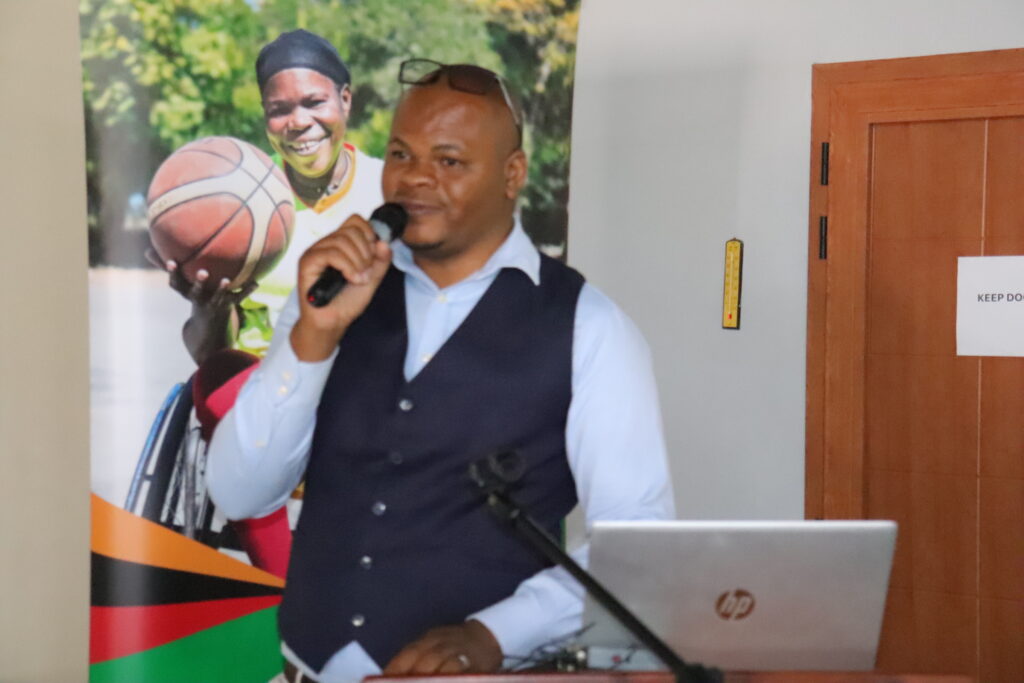July 14, 2025 – Siavonga, Southern Province, Zambia, -The Zambia Agency for Persons with Disabilities (ZAPD) Inspectorate, in collaboration with other experts in the disability sector, has convened in Siavonga to validate newly developed accessibility guidelines, an activity that marks a major milestone toward the establishment of national standards designed to promote inclusivity across all sectors.
Mandated under Section 40 (3) of the Persons with Disabilities Act No. 6 of 2012, ZAPD is responsible for developing minimum standards and guidelines to ensure the accessibility of facilities and services open or provided to the public.
In line with this mandate, the guidelines, drafted last year to align with the Act, will undergo a comprehensive review and validation from July 14 to 18, 2025. The workshop in Siavonga is a key step in finalizing standardized accessibility inspection guidelines.
This initiative is a direct response to the significant barriers that persons with disabilities continue to face due to inaccessible environments. Access to services, facilities, and opportunities is not simply a matter of convenience, it is a fundamental human right protected by law.
Speaking during the workshop, ZAPD Director-Inspectorate Mr. Bornface Tumba expressed satisfaction that this long-awaited development is now becoming a reality.
“Access to services, facilities, and opportunities is not merely a matter of convenience, but a fundamental human right enshrined in law,” Mr. Tumba emphasized. “With concerted efforts, we can build a Zambia that is truly inclusive, where accessibility is not an afterthought, but a priority woven into our infrastructure, services, and societal norms.”
International Labour Organization (ILO) Social Protection Manager for Zambia, Mr. Jie Yu Koh, also underscored the significance of the guidelines, describing them as a concrete pathway to realizing both national and international commitments, including the Persons with Disabilities Act and the National Disability Policy.
Mr. Yu highlighted the wide representation at the workshop, including government officials, employers, workers, organizations of persons with disabilities (OPDs), academia, professional associations, and parastatals, as a testament to the shared commitment to building an inclusive, rights-based society.
He reaffirmed the ILO’s full support for the process, noting that the organization will continue to provide technical assistance and foster partnerships to ensure the guidelines are not only validated but effectively implemented and monitored.
Mr. Yu concluded by challenging participants to make the workshop a turning point, transforming aspirations into concrete actions and ensuring that no one is left behind.
The workshop has been made possible with financial support from the ILO.

